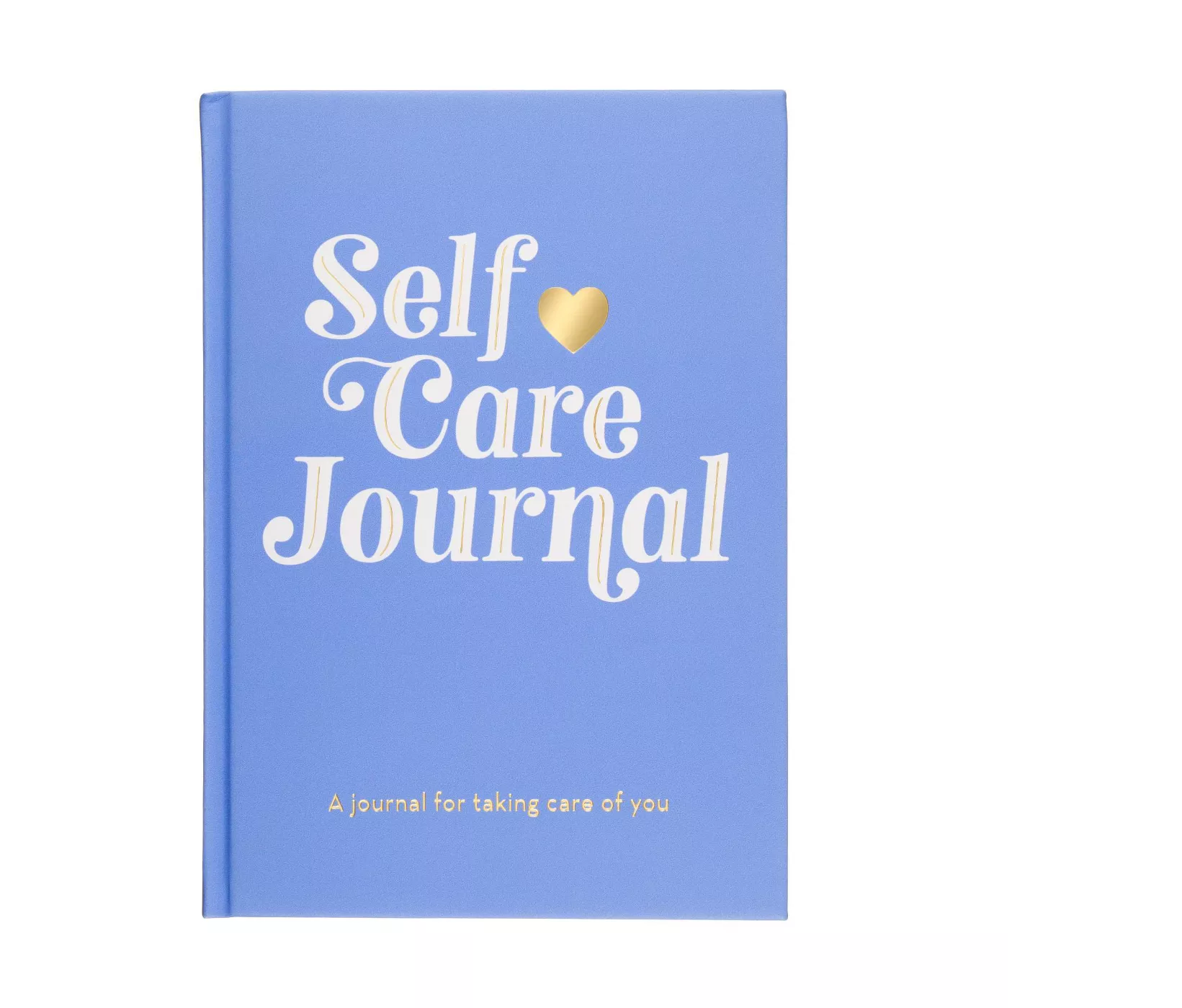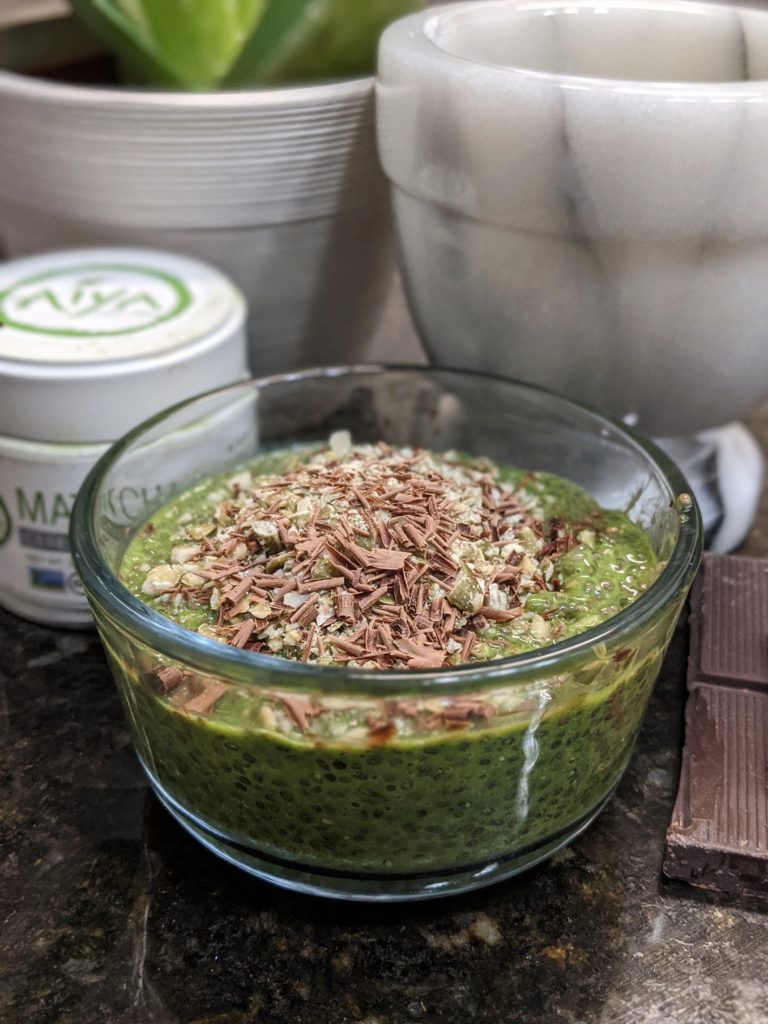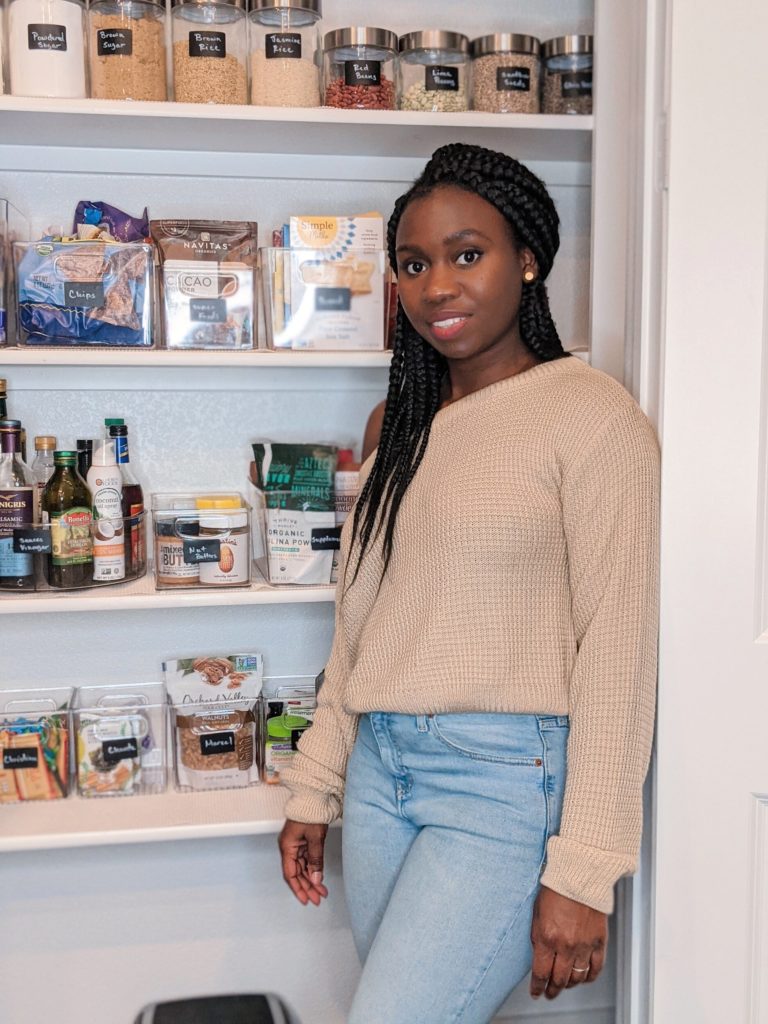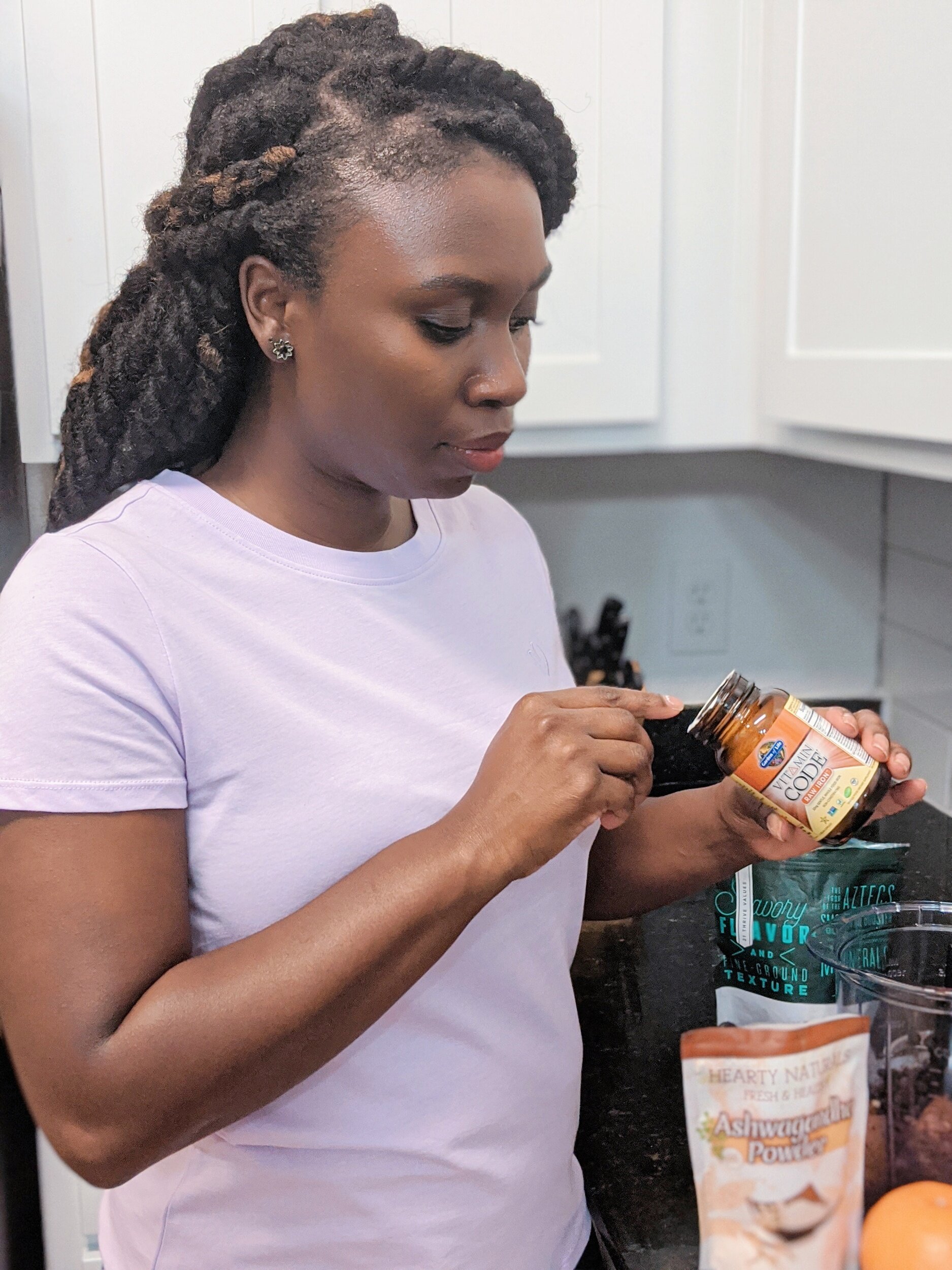5 Hormone Balancing New Year Resolutions
At the time of my uterine fibroid diagnosis, I thought I was in pretty good shape. I was close to my goal weight, did kickboxing several days a week, and always managed to stay within my calorie limit for the day. To say that I didn’t have any hormone balancing resolutions for the new year is an understatement–I didn’t think I needed any.
In spite of my seemingly healthy habits, I still wasn’t well. I was usually bloated by noon every day and my periods had become so painful that I didn’t want to get out of bed on the first day. I also suffered from chronic fatigue that I masked with large amounts of caffeine so that I could make it through the day.
Although I looked fit and did all the seemingly healthy things, symptoms of estrogen dominance and fibroids were ruling my life. I appeared to be fit, but I certainly was not well. It took me a couple of years to work through the difference. Fitness is focused on metrics that measure what your physical body is capable of and what your body looks like. Wellness is focused on how you feel and if your body is functioning properly. For years I was looking great, but now I realize that my body was not functioning at a level that could sustain me long-term.
Now that my focus is on wellness and minimizing my fibroid symptoms, I have improved my health drastically. Making intentional efforts toward improving my hormonal balance have helped me transition into a life of freedom from fibroid symptoms and other estrogen dominance-related symptoms.
I want to encourage you, whether you have a uterine condition or not to focus on your wellness this year. These 5 New Year’s hormone-balancing resolutions are all about promoting hormonal balance as well as helping you improve your overall health and quality of life.
5 Hormone Balancing Resolutions for the New Year
Try these for yourself:
1. Get an extra hour of sleep every day
Most of us are chronically sleep-deprived, so getting an extra hour of sleep every day can actually be a game changer for your overall health as well as your productivity. This might require planning your day out to be realistic about what you can accomplish so that you’re not pushing yourself to stay up later.
2. Swap 50% of your household products for cleaner products
Some of the ingredients found in your common household products and cosmetics can actually contribute to the buildup of xenoestrogens in the body. These compounds can mimic estrogen in the body and contribute to estrogen dominance as well as other hormonal issues.
Find out more about making the switch to safer cleaning products here.
3. Begin a journaling practice
This one is new to me, but I think journaling is a great way to reduce stress. Stress can wreak havoc on your hormones. It is a great opportunity to get to know yourself better and notice triggers or patterns in your life.
Kickstart your journaling practice by reading this first.
4. Cut back on your screen time
Did you know that the blue lights from your devices can have a negative effect on your sleep quality and impact your hormones? Cutting back on your screen time and powering down your devices at least an hour before bed can help you get better quality rest. I wear blue light glasses in the evening to help.
5. Eat at least 9 servings of fruit and vegetables a day
Consuming a diet high in fruits and vegetables can help the body rid itself of toxins and xenoestrogens which is important for hormonal balance. You’ll also get your fuel with a variety of vitamins and minerals that promote a more regular cycle.
Sign up for my email list to get 4 cycle syncing smoothies to promote hormonal balance and help you meet your fruit and vegetable intake.
Pin me!
Achieving goals requires intentional actions to set yourself up for success. Here are 3 tips to help you map out and create a plan for your New Year’s hormone balance resolutions.
Tips for achieving your resolutions
- Start small and build up – You may need to work your way up to the larger goal. Set yourself up for success and boost your morale by starting with a smaller goal and build upon the success of reaching the smaller goal.
- Create a plan – Goals aren’t achieved by accident. Getting more sleep probably isn’t as easy as it sounds for most people. You may need to have a shut-off time and create a bedtime routine that makes it easier for you to go to sleep faster. Creating a plan for how you’ll accomplish the goal makes it more attainable.
- Don’t try everything at once – It’s probably not feasible to reach for every single goal. Focus on mastering one thing at a time.
Shop this post:











